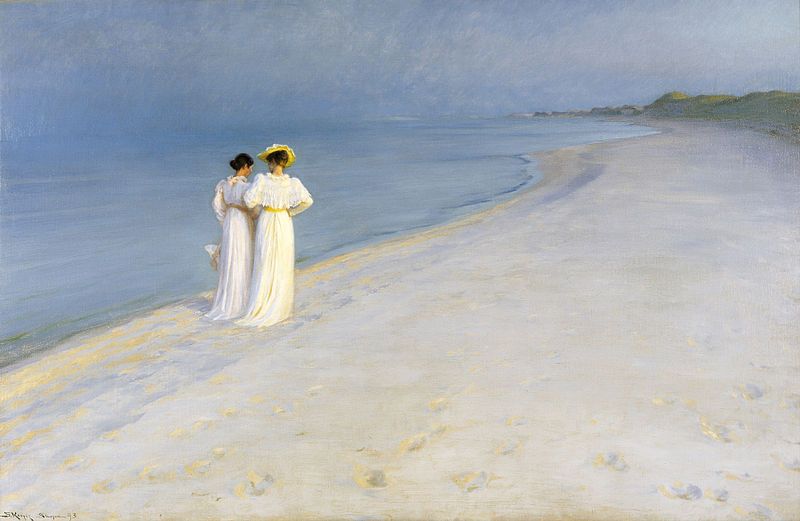Statistical stories about ‘indvandrere’ (immigrants) in Denmark need ever-increasing factboxes.
That’s because it’s a demographic that constantly needs to be explained – or at least by media embarrassed by the general usage of definitions they deem to be offensive.
No birthright
Unlike in many other countries, ‘indvandrere’ doesn’t just include those who have migrated to their country of residence during the course of their life.
It also includes the offspring of people who have migrated here: Danish citizens born and raised here, who tend to be dark-skinned and branded second-generation immigrants. Soon, third-generation immigrants will be a thing.
It doesn’t include EU residents, though! Or anyone from the European countries who for their own particular reasons aren’t in the EU: Andorra, Iceland, Liechtenstein, Monaco, Norway, San Marino, Switzerland and Vatican City. Soon we’ll have to add the UK to that group.
Oh, and a few Anglophone countries of whom the mainly white-skinned, could-pass-for-Danish citizens – the US, Canada, Australia and New Zealand – would flinch (or so the Danish demographic-setters presume) at the thought of being included alongside the indvandrere.
A sixth condemn scantily-clad victims of sexual assault
So what have the ‘indvandrere’ (consult factbox for definition) been up to this week? According to a survey by Als Research on behalf of the Gender Equality Department at the Foreign Ministry, a sizeable minority have been condemning scantily-clad women who get sexually assaulted.
Some 17 percent of the men, and 14 percent of the women, totally or partly agree that it is a woman’s fault if she is sexually assaulted whilst wearing attire that could be construed as provocative. In contrast, only 5 percent of the non-indvandrere agreed.
Of the 4,423 people interviewed, over half (2,324) were indvandrere.
Eva Kjer Hansen, the minister for gender equality, told DR that the findings made her angry.
“Such attitudes are, of course, unacceptable. They emphasise that we need to have a debate in society about what it is for some values to prevail,” she said.
Over a fifth abhor homosexuality
The survey also revealed that indvandrere were more likely to condemn homosexuality, with 22 percent saying it should not be accepted by society. In contrast, 91 percent of the remainder said they supported it.
However, Professor Christian Albrekt Larsen, an academic at the Department of Political Science at Aalborg University, cautioned that Denmark had only become liberal relatively recently.
“Initially it might look like a huge difference,” he told DR.
“But we’ve had something of a minor revolution in Denmark over the past 20 to 30 years in which we’ve developed a much more relaxed relationship – than other European countries, for example. If anything, the Danes are the ones who are extreme, as the indvandrere simply agree with most of the world when it comes to homosexuality.”
Hansen again concluded that the indvandrere are “out of step with the basic values in Denmark”, indicating she will initiate a dialogue, starting with a meeting with experts.














